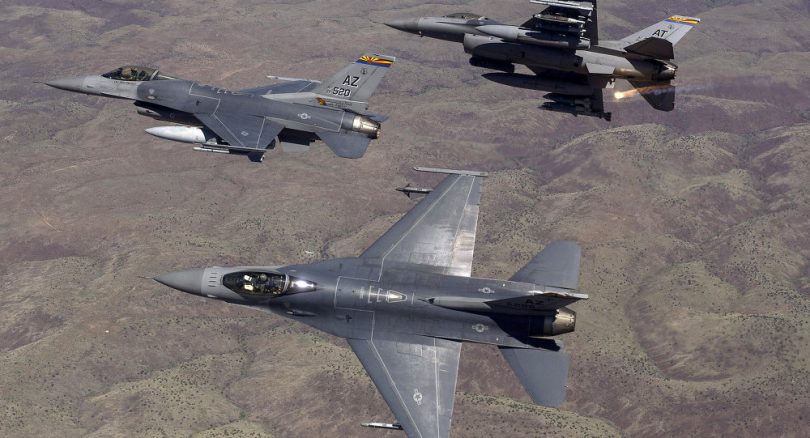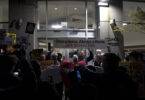The United Nations is calling for a humanitarian pause to the conflict in Syria, to allow 20,000 trapped civilians to escape the Syrian city of Raqqa.
This would involve the U.S-led coalition reining in airstrikes that continue to cause civilian casualties.
Several ceasefires have crumbled over the course of the seven year conflict. The last ceasefire was attempted in July, as part of an agreement between the US, Russia and Jordan.
Louisa Loveluck on Twitter: “Satellite footage of Raqqa city shows scale of the devastation there: https://t.co/8HyRuR9Buu pic.twitter.com/nJpPdcNkQc / Twitter”
Satellite footage of Raqqa city shows scale of the devastation there: https://t.co/8HyRuR9Buu pic.twitter.com/nJpPdcNkQc
“Now is the time to think of possibilities, pauses or otherwise that might facilitate the escape of civilians, knowing that Islamic State fighters are doing their absolute best to keep them in place,” Jan Egeland, humanitarian adviser on Syria, told reporters in Geneva.
A new Amnesty International report says 95 civilians, including 45 children, have been killed in recent coalition airstrikes in Raqqa.
472 civilians, including 137 children, were killed in US-led coalition strikes between May 23 and June 23, Al Jazeera reports. A Syrian monitoring group said that this was the highest recorded civilian death toll since the air raids began, late 2014. The air strikes mainly took place in Raqqa.

Al Jazeera English, July 2017.
The Amnesty International report refers to US policy on “pre- and post-strike measures to address civilian casualties in U.S. operations involving the use of force”, calling on the US government to conduct a review of existing civilian casualty prevention and mitigation processes and disclose information to the public about existing mechanisms aimed at minimising civilian harm. These recommendations would include publishing information about existing training and collateral damage mitigation processes.
When Jan Egeland, humanitarian adviser on Syria, was asked whether Syria peace talks would be held in Geneva in September, he said: “Based on our assessment of what happened in Riyadh we will decide how to move ahead in the future.”
The United Nations is still assessing the outcome of talks held in Riyadh this week between three Syrian opposition groups.






